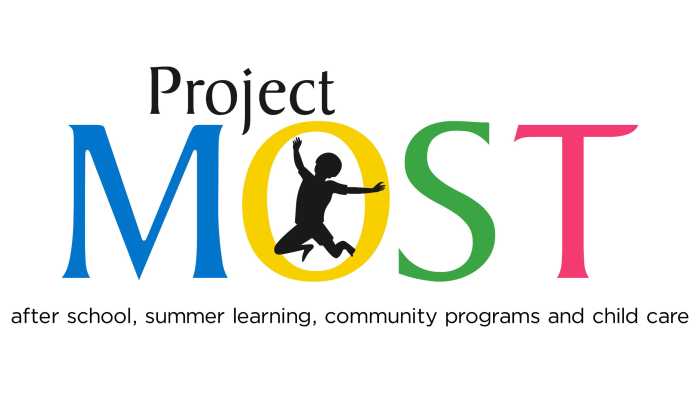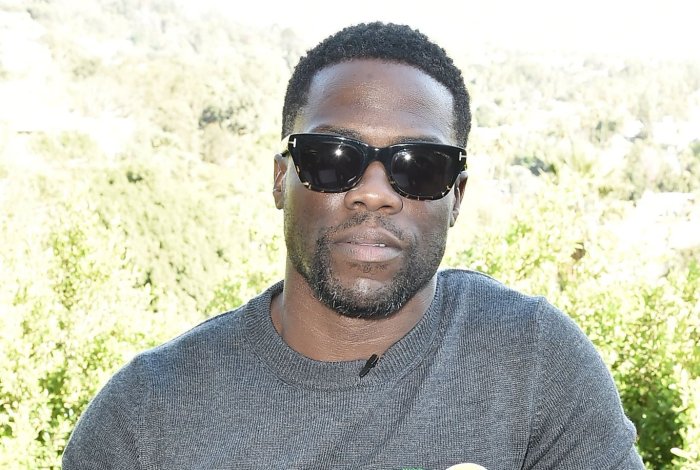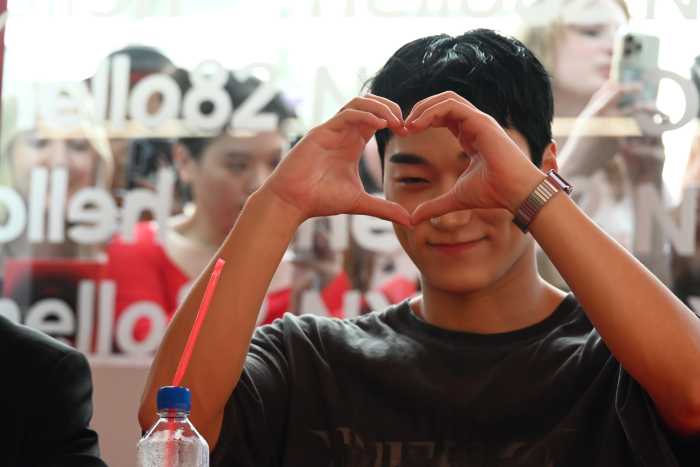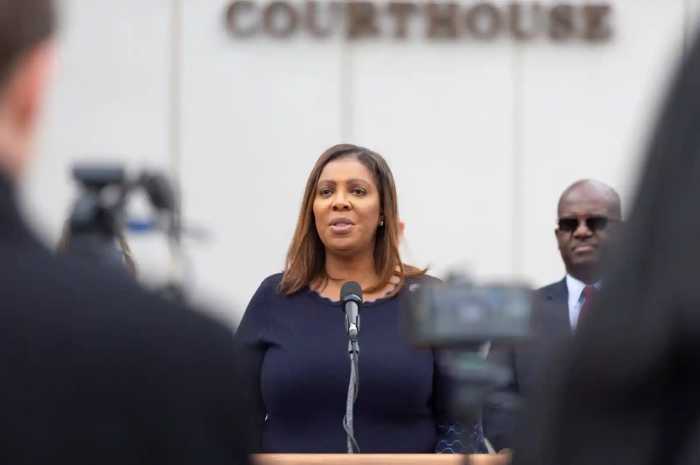‘Cyberbullying’ Experts and Local Politicians
Weigh in on a Growing Issue
Before the advent of the Internet, bullying occurred in the lunchroom, on the playground and even in the classroom. It usually involved a bigger child picking on a smaller child by calling them names or roughhousing. This type of behavior is manageable and can be dealt with immediately.
Now, bullying is broadcast on a much larger scale. It has taken the form of sentences and comprised words. It has turned into a blog-post, a video or a Facebook status update.
Bullying is in cyberspace where everyone can see and comment on it. It’s not confined to the playground anymore. That’s what alarms Dr. Renee Clauselle and other individuals involved with stopping “cyberbullying.”
Dr. Clauselle is a practicing child psychologist in Franklin Square and the director of the School of Mental Health Services at St. John’s University. She feels that “cyberbullying” is a growing concern and needs to be monitored for the sake of children’s and young adult lives.
Clauselle said she’s had numerous cases of “cyberbullying” in her practice and that it’s a growing problem that seems to be coming up more so than regular bullying. According to Clauselle, it’s so frequent that she can’t give an exact number.
“It’s so frequent now and it ranges in severity,” she said. “I’ve had cases where there was some sort of harassment or worse. I usually speak to the child on how to handle it and it’s resolved very quickly. But when it does escalate, the parents really don’t have a lot of leverage since their hands are kind of tied, besides restricting their child’s Internet usage.”
The most common problem for parents when it comes to restricting and monitoring Internet access is the fear of their children thinking they’re being spied on. Clauselle feels ground rules need to be set for children, at any age, being that problems of “cyberbullying” are rising in all age groups.
She said it’s common to worry that a child will feel that their privacy is being impeded upon, but that it’s up to the parents to show them that it’s for their own safety and well being.
“I get parents in my practice who say ‘I don’t want my kids to think I’m spying on them’ and that’s because they haven’t set down ground rules before their child starts using the Internet,” Clauselle said. “So if they know before going in, then they know that this is for their protection.”
Ground rules are a fixture in Clauselle’s approach to preventing and dealing with “cyberbullying.” She said they’re the building blocks of making the child aware of the problem.
“Ground rules need to be set,” she said. “Who they can speak to and what information can be given out and such. I’m not saying that parents should hold their kids under lock and key, but to just let them know the do’s and don’ts because the Internet doesn’t have a playground assistant. It doesn’t have a teacher watching over it. It’s basically free rein. People have been hurt by it.”
One case, Clauselle said, involved bringing in the police. “I did have an incident where a serious threat was made on Facebook against someone and when the school personnel found out about it they actually got the police involved,” Clauselle said. “The police were going to different students’ homes to find out.”
On April 20, a two-hour “Cyberbullying” roundtable discussion was held at the Minority Wing of Nassau County in Mineola. Local politicians, crisis center and school representatives were on hand to discuss the problems that incur with the openness that is the Internet.
“We could’ve stayed here all day and discussed this topic because it’s becoming more and more prevalent by the day,” Nassau County Minority Leader Diane Yatauro said. “Bullying is not a face-to-face thing anymore. It’s keyboard-to-keyboard and screen-to-screen.”
Some of the things discussed were anti-bullying programs, legislation and in-school awareness programs. Yatauro and Nassau County’s 10th District Legislator Judi Bosworth hosted the discussion. The main issue of the meeting was focused on the responsibility of the parents and children to realize the reach the Internet has.
“What kids and parents need to realize is that “WWW” means the “World Wide Web,” Bosworth said. “Everyone can see what you put online. We’re trying to figure out if the path to take is to legislation, will it be enforceable. I think the first thing we have to do is focus on education. We need to make sure that the parents understand the harm their children are possibly getting themselves into. The kids have to understand the possible consequences as well.”
Bosworth went on to say that a person coming in [to a school] once or twice a year to address the issue won’t solve anything. That it has to be something, “that’s internalized. It has to be something that becomes part of every school curriculum. As you get into the higher grades, the leaders of the school, the sports captains and whatnot, have to be role models and show other students that it’s wrong to bully, cyber or not.”
Yatauro iterated the increased awareness that children possess today is partly because of the Internet. There are positives and negatives to it, but the former is outweighing the latter in this respect.
“If I fight with you on the playground, it happens and it’s over,” she said. “But with the Internet, I type something, then you type something and then someone else sees it and types something; it’s an issue that usually involves two people, but in the end, because of cyberspace, it could involve up to 20 people.”

































